Presenting inspiring travel destinations worldwide.
From beautiful beaches to majestic mountains, here’s an overview of Australia’s tourism highlights.
Explore current updates and trends related to travel opportunities.
Budget considerations are a common topic in tourism discussions.
Insights into cultural experiences in tourism.
Tourism includes experiencing diverse cultures alongside destinations.
Keep updated with the latest tourism news and stories.
Presenting tourism updates from Australia Rooms.
Discover Australia Rooms
A dedicated source for tourism updates and information.
Regular updates on developments in the tourism sector.
Australia Rooms presents neutral and current tourism information.
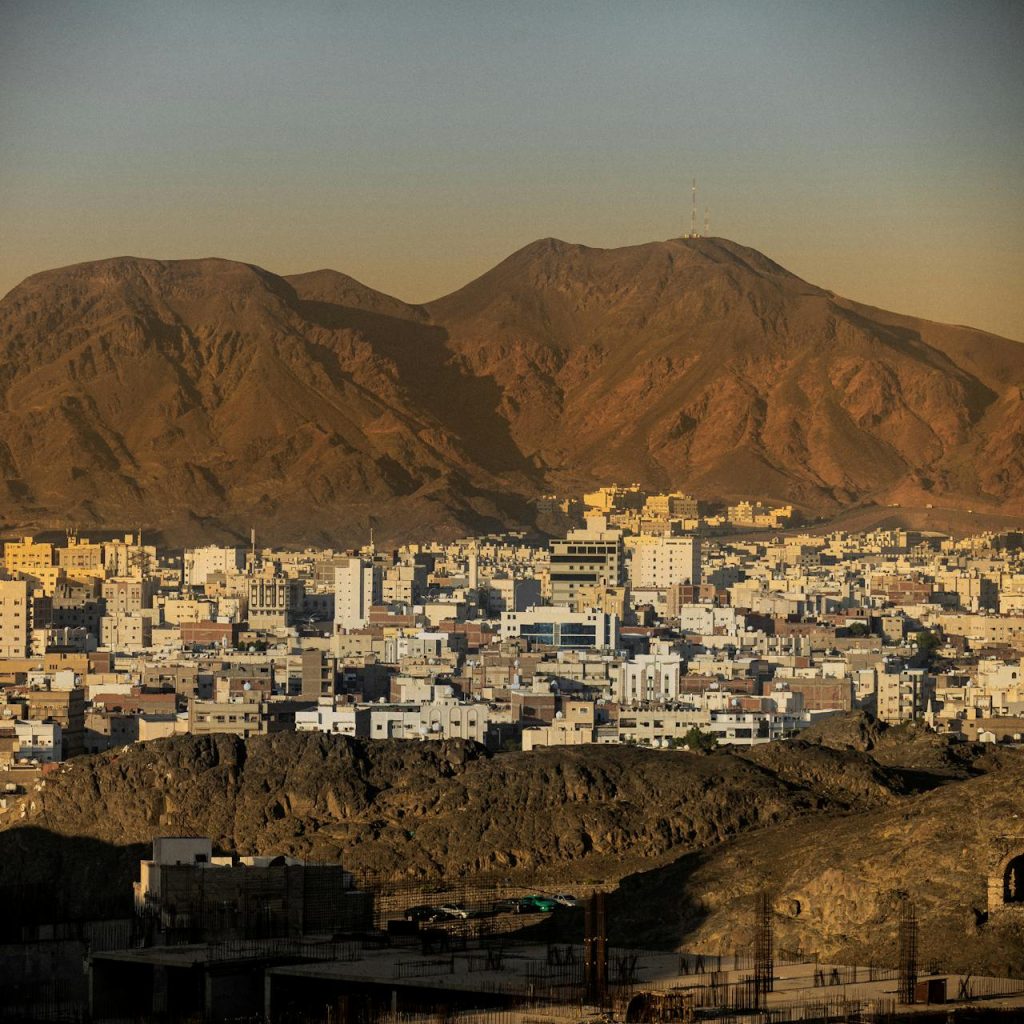
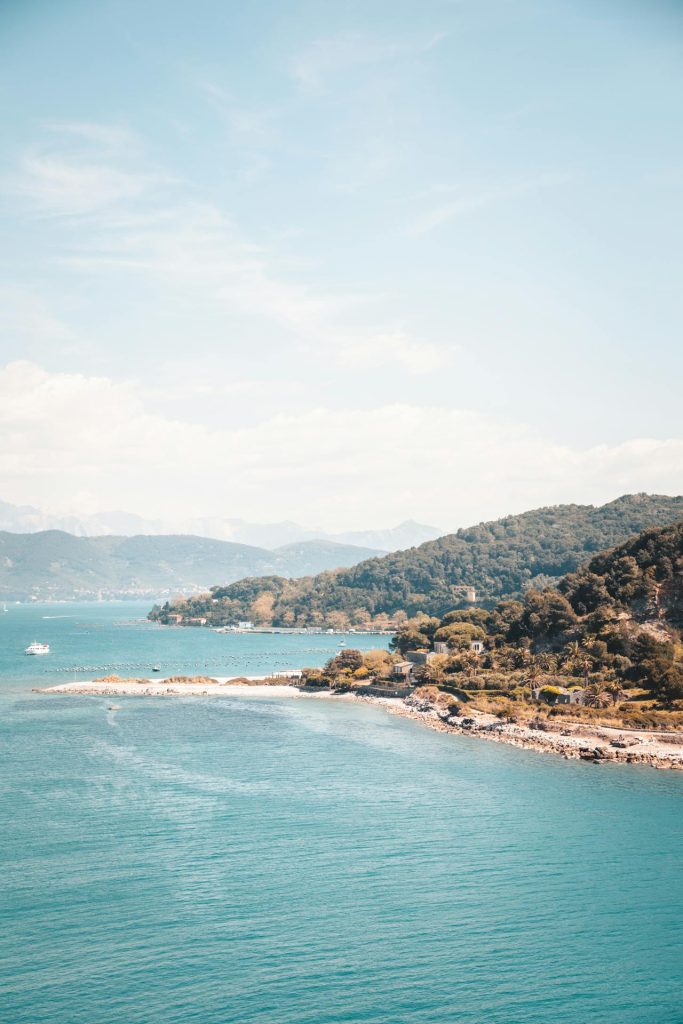
Highlights and updates on tourism worldwide.
Australia Rooms shares current tourism updates and trends.
Providing regular updates and reports on tourism.
Presenting clear, neutral tourism information across various topics.
Updates on recent developments in tourism.
Regular coverage of trends and changes in tourism.
Overview of current tourism trends.
Insights into emerging tourism trends and patterns.
Information on travel destinations and exploration topics.
Presenting updates about camping locations and tourism news.
Updates on destinations and tourism developments.
Updates about tourism offers and destination highlights.
Recent Blog Posts

Discover premium chauffeur services for unique uae journeys
Experience Premium Chauffeur Services Available in the UAE Imagine stepping off your plane in Dubai and being greeted by[…]

What Are the Hidden Architectural Gems of the UK?
Discovering the UK’s Hidden Architectural Gems Unearthing hidden UK architecture involves looking beyond the well-trodden paths of iconic landmarks[…]
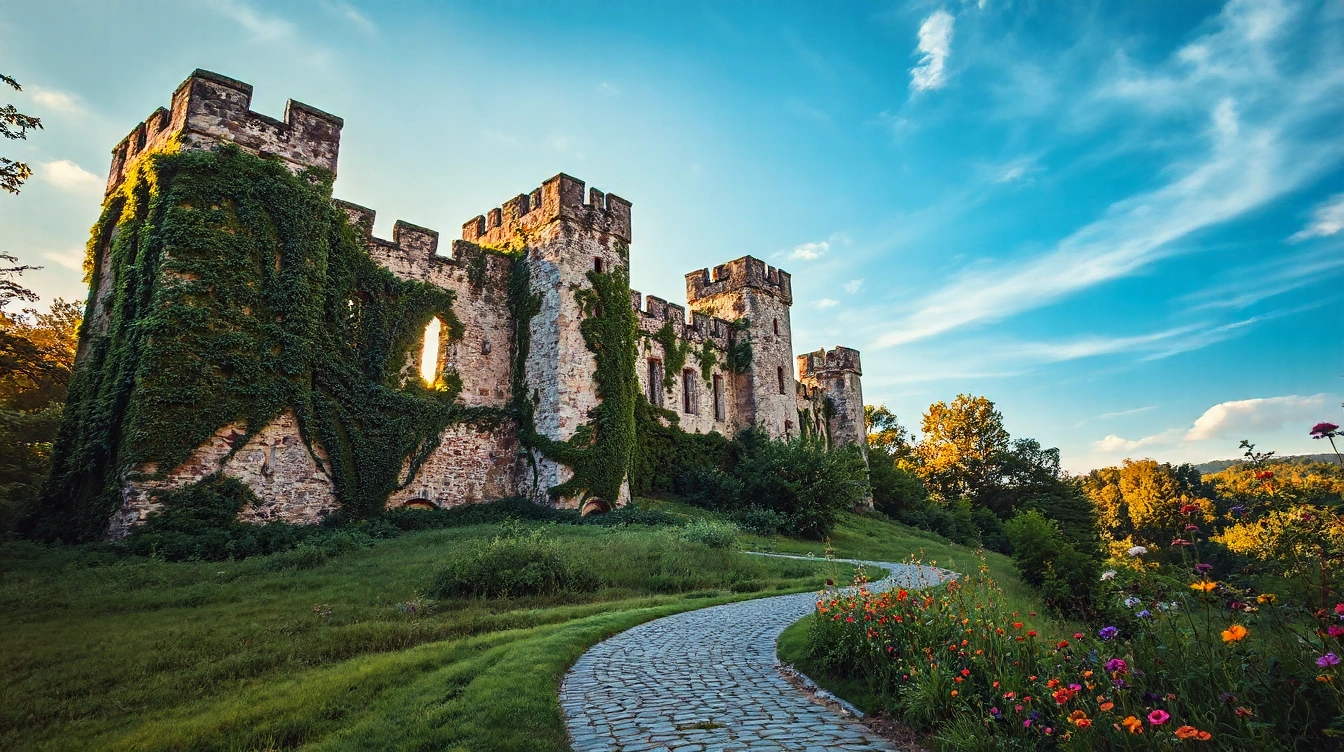
How Can Historical Sites in the UK Enhance Your Vacation Experience?
Ways Historical Sites Add Value to Your UK Vacation Historical sites UK are vital to creating an enriching vacation.[…]

How Can Cultural Immersion Enhance Your UK Travel Experience?
Understanding Cultural Immersion in the UK Cultural immersion UK refers to fully engaging with the customs, traditions, and daily[…]

How can you explore the UK’s historical sites?
Practical ways to plan your visit to UK historical sites Planning a trip to UK historical sites efficiently starts[…]
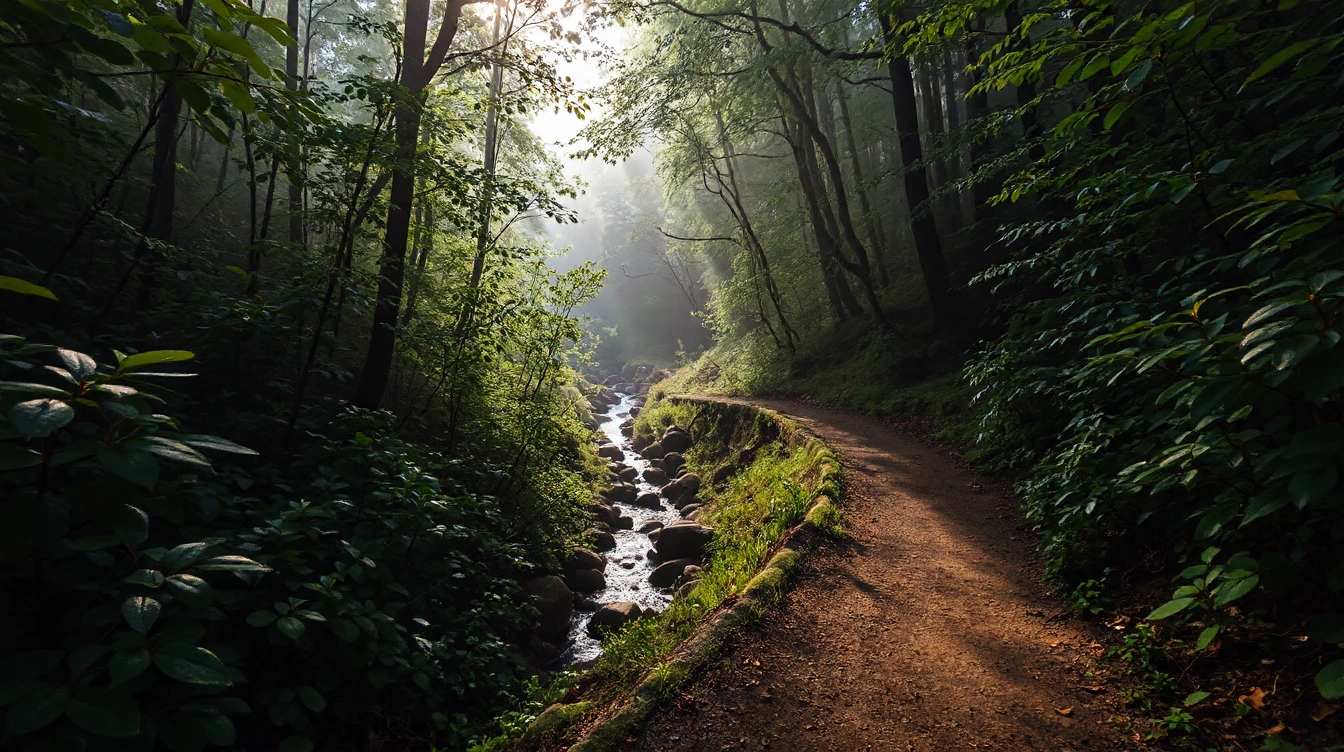
What are the best nature trails for hiking in the UK?
Top-Rated Nature Trails for Hiking in the UK Discovering the best UK hiking trails means exploring routes that combine[…]
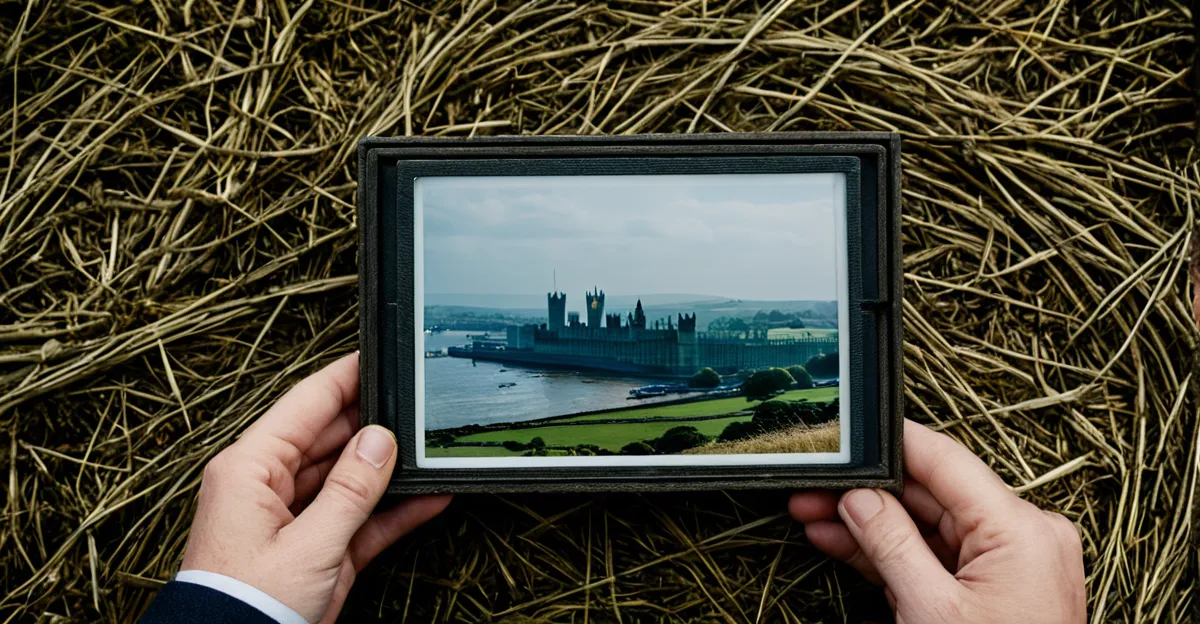
How Can Travelers Experience the Authentic History of the UK?
Engaging With Local Heritage Tours and Storytelling Events Discovering the heart of a destination often begins with heritage tours[…]

How Can Tourists Maximize Their Stay in UK Holiday Rentals?
Immediate Ways to Settle into Your UK Holiday Rental Settling into your holiday rental setup efficiently enhances your comfort[…]

How do city-center rentals in the UK offer convenience and excitement?
Key advantages of city-center rentals in the UK City-center rental benefits in the UK are closely tied to convenience.[…]

How do you select a UK rental that offers family-friendly amenities?
Identifying Essential Family-Friendly Amenities in UK Rentals When choosing a UK rental property suitable for families, identifying the right[…]
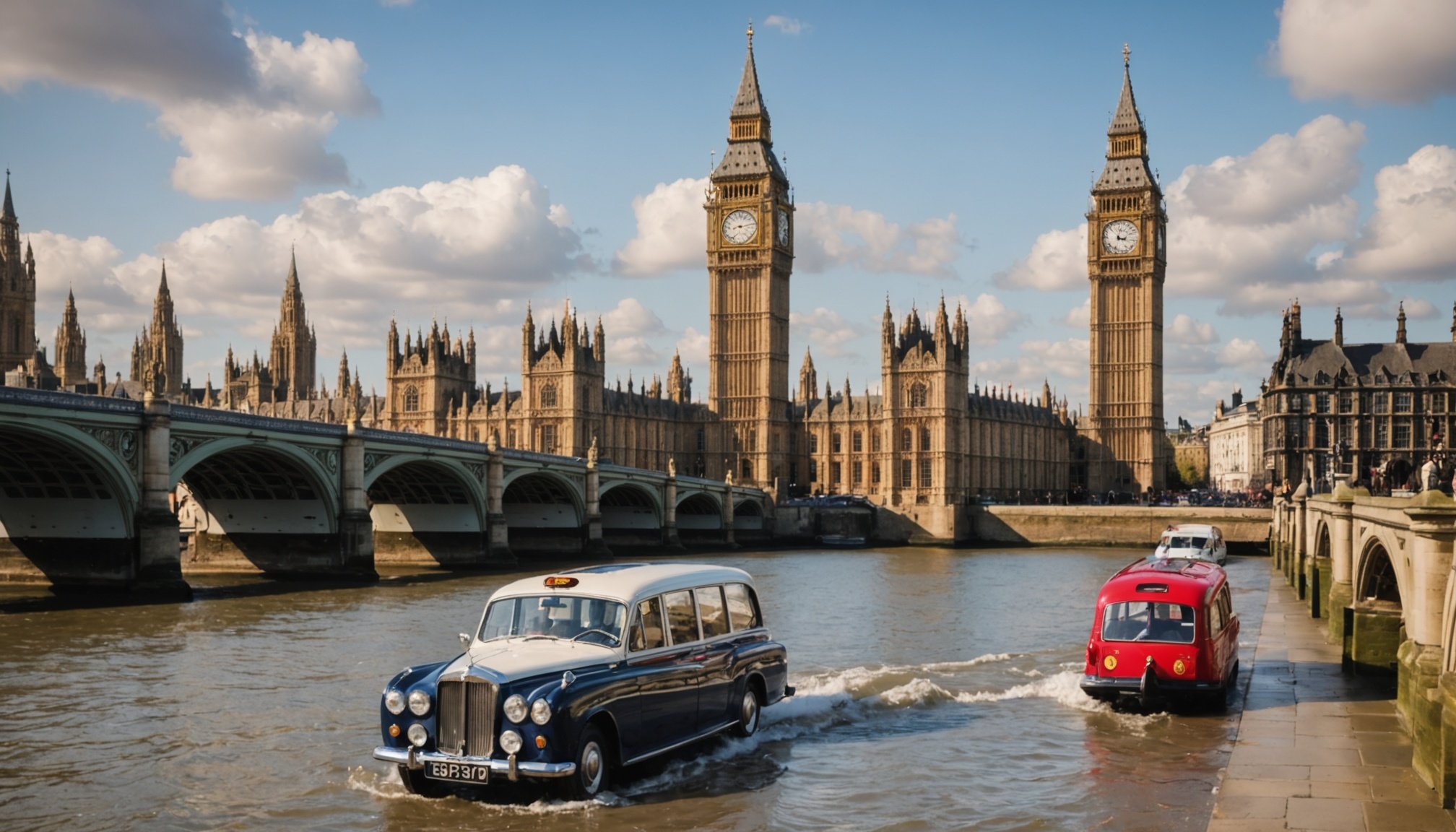
How is the UK Changing its Approach to Tourism in the Wake of Global Developments?
Responding to Global Challenges: UK Tourism Policy Shifts In recent years, UK tourism adaptation has been crucial as global[…]
What Are the Hidden Gems in UK Tourism You Haven’t Yet Discovered?
Unique Undiscovered Towns and Villages Across the UK Discovering hidden UK towns offers a refreshing alternative to crowded tourist[…]

What Are the Best Seasonal Travel Tips for Visiting the UK?
Top Seasonal Travel Tips for Visiting the UK Choosing the right UK travel tips can transform your trip. The[…]
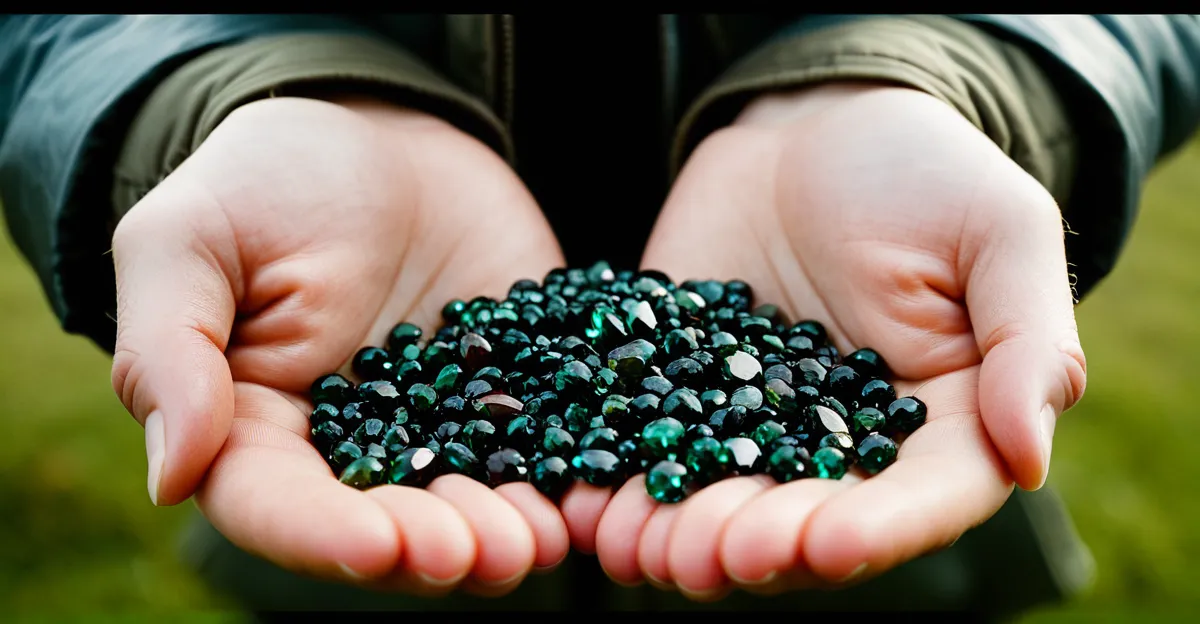
How Can Travelers Discover Hidden Treasures in the UK Without Breaking the Bank?
Essential Strategies for Finding Hidden UK Gems on a Budget Discovering hidden treasures UK while sticking to a budget[…]

How can you find cheap tickets for UK events and festivals?
Immediate Ways to Find Cheap Tickets for UK Events and Festivals Finding cheap event tickets UK requires quick action[…]
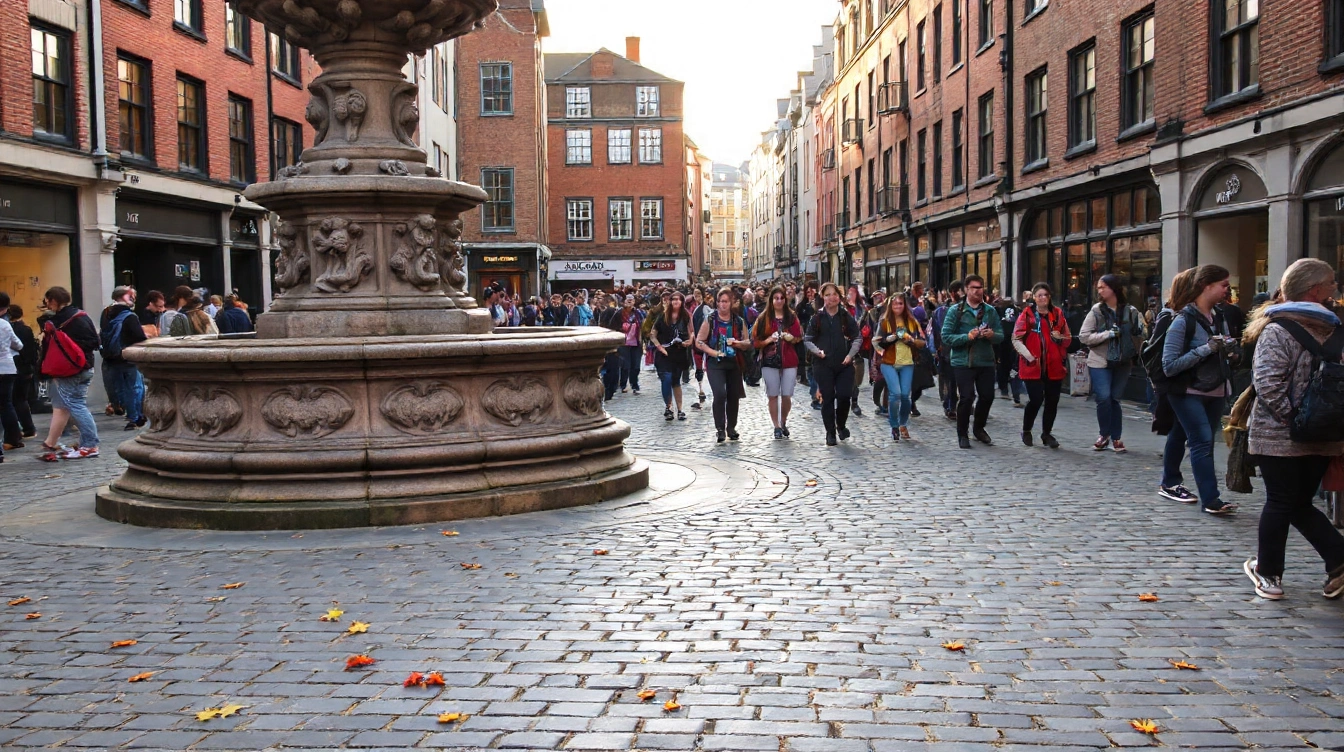
What are the top UK attractions offering discounts for students?
Top UK Attractions Providing Student Discounts Many UK attractions with student discounts offer an excellent chance for students to[…]
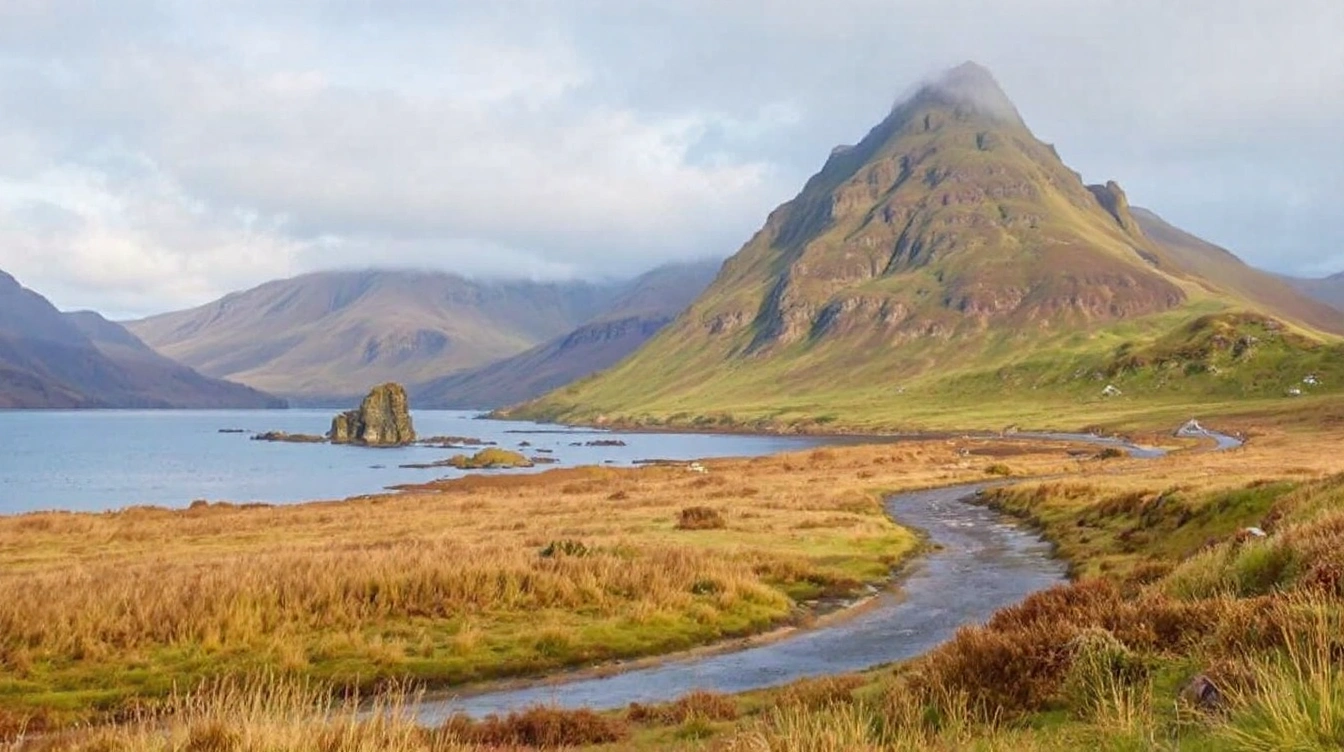
What unique experiences can you have on a UK cruise in Scotland?
Distinctive Scottish Cruise Itineraries and Ports Scotland’s unique maritime charm awaits Exploring Scotland cruise itineraries offers more than typical[…]
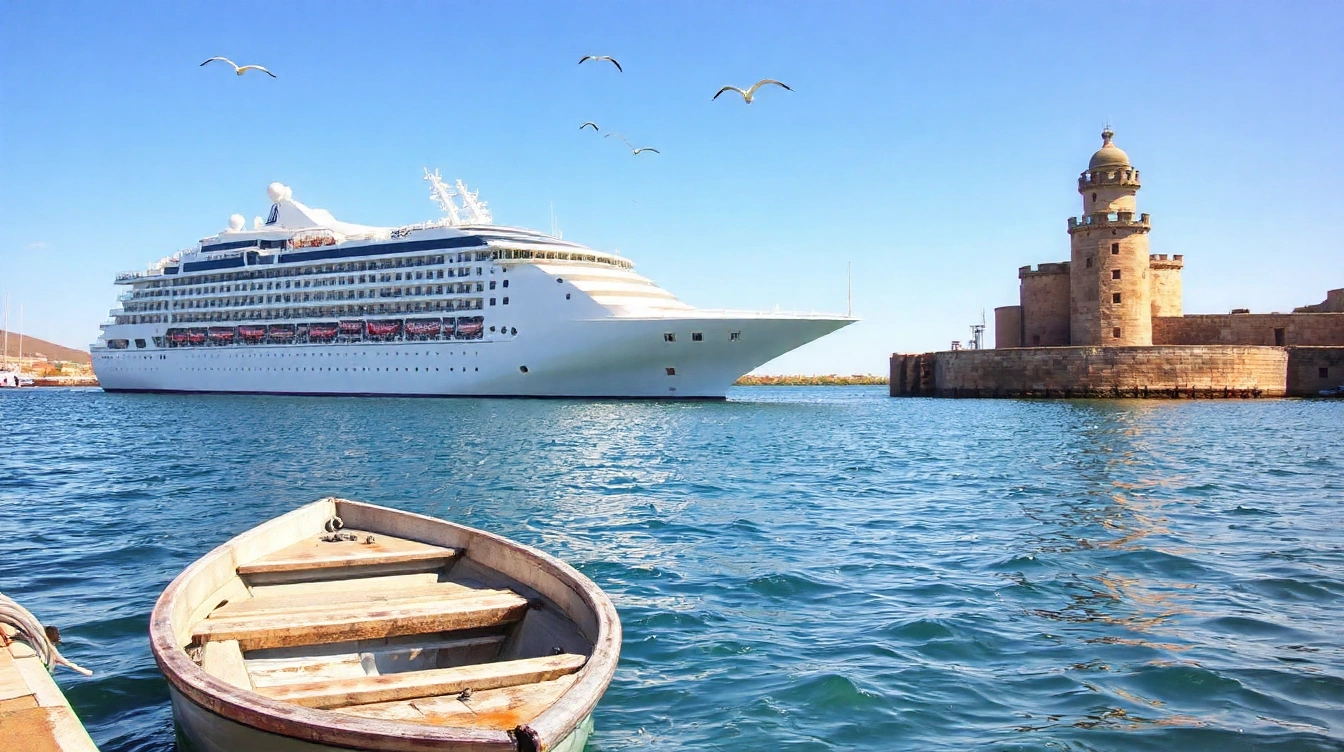
How Can Cruise Ships Enhance the UK’s Tourism Offerings?
Enhancing UK Tourism Through International Cruise Arrivals The growth in cruise tourism UK has become a significant driver of[…]
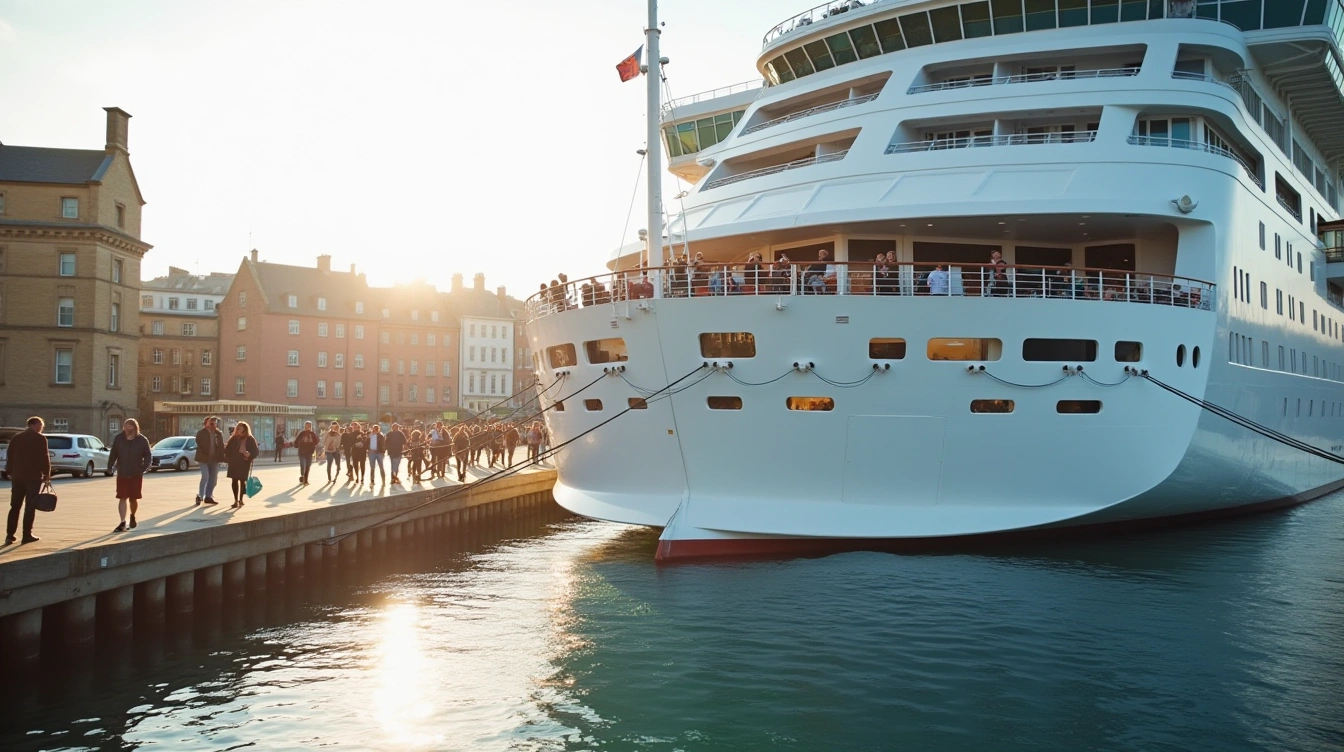
How Has UK Tourism Been Transformed by the Rise of Cruise Travel?
Overview of Cruise Travel Growth in the UK The cruise travel UK sector has experienced significant growth in recent[…]
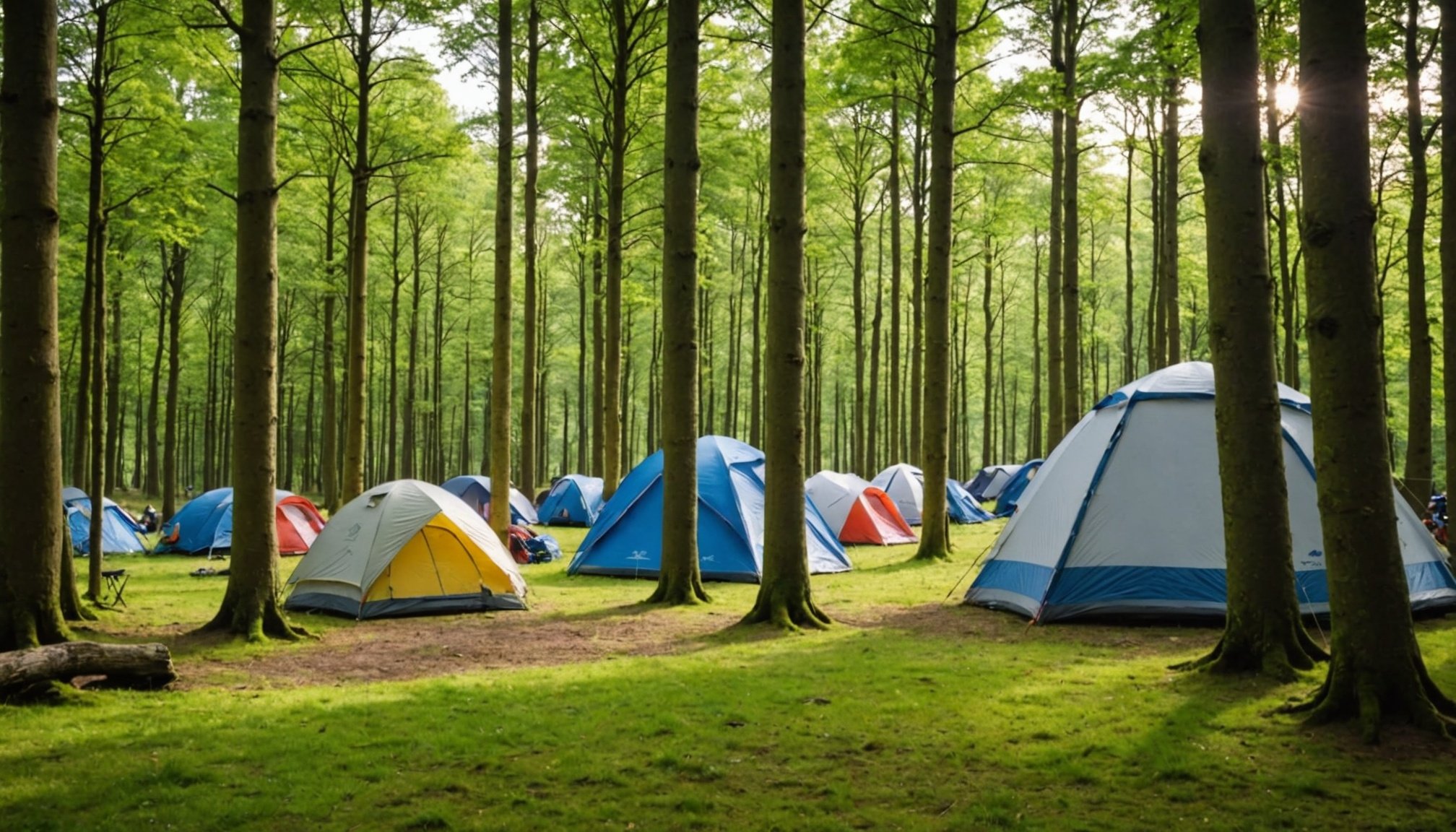
What Are the Lesser-Known Camping Spots in the UK?
Curated List of Hidden Camping Gems Across the UK Discovering lesser-known UK campsites offers a refreshing alternative to crowded,[…]
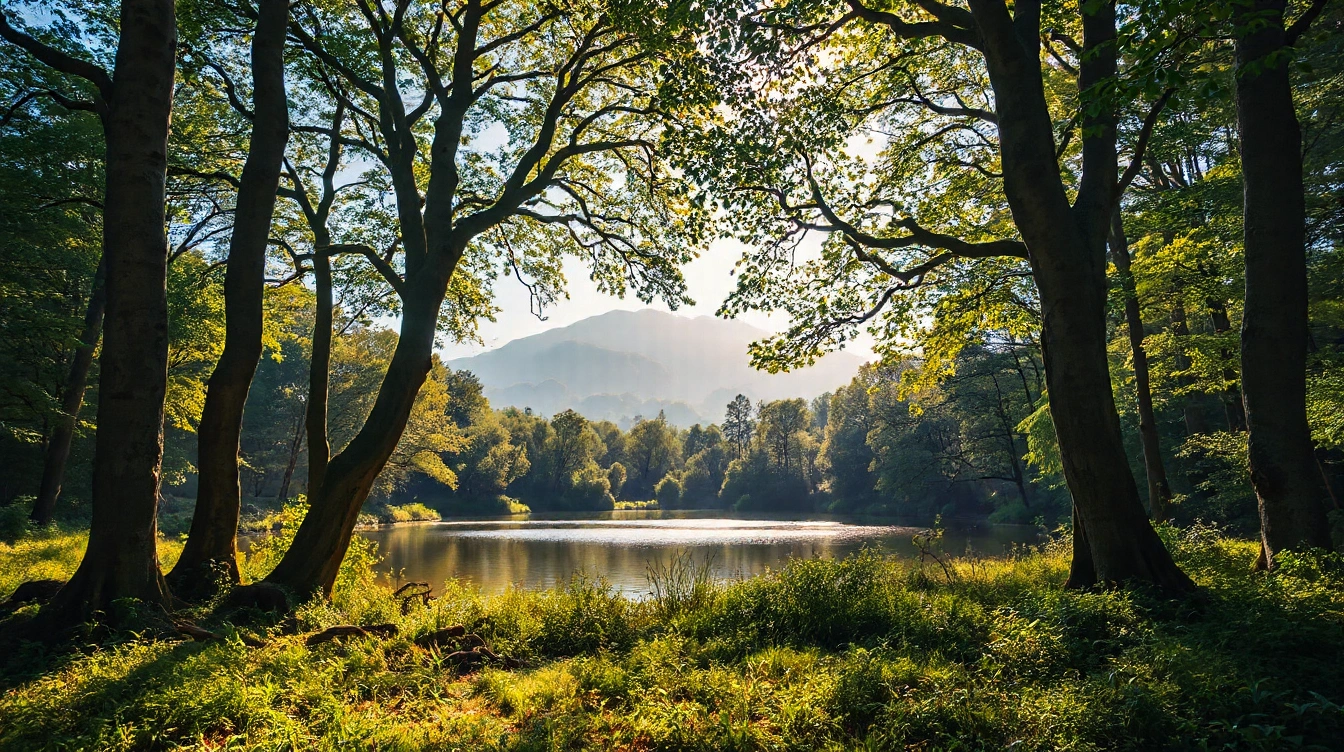
What are Some Must-See Natural Attractions While Camping in the UK?
Top Natural Wonders for Campers in the UK When exploring UK natural attractions, campers find a rich variety of[…]
